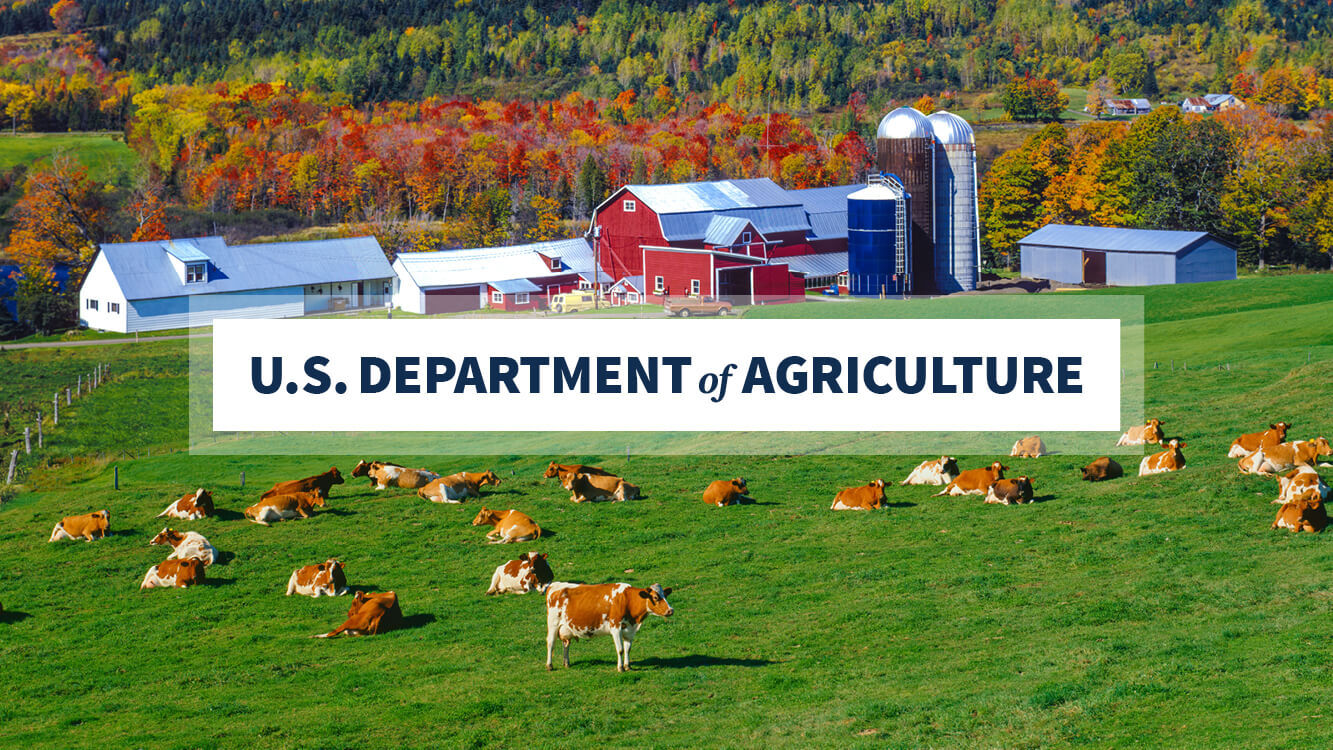
Fresh Catch Inc of Los Angeles, CA is recalling certain Fresh Catch Inc. Yellowfin Tuna because of high histamine levels.
According to the details posted online by the Food and Drugs Administration (FDA), the recall was initiated on June 12, 2024, and is ongoing.
The recalled product was distributed in California.
High levels of histamine can produce an allergic reaction, called histamine fish poisoning or scombroid fish poisoning, that may result in symptoms that generally appear within minutes to an hour after eating the affected fish.
The most common symptoms of histamine or scombroid fish poisoning are tingling or burning sensation in the mouth, facial swelling, rash, hives and itchy skin, nausea, vomiting or diarrhea; these symptoms usually resolve within several hours without medical intervention. However, each individual may experience symptoms differently; if symptoms are severe an individual may need to seek medical attention for treatment with antihistamines.
Recalled product:
Fresh Catch Inc. Yellowfin Tuna
- 1 loin per case packaged in cardboard boxes with keep refrigerated label
- Product Quantity: 716 lbs
- Code Information: PO# 461079 exp: 04/05/24, PO# 111097 exp: 04/05/24
Consumers should not use this product. Recalled products should be thrown out or returned to their place of purchase.
(To sign up for a free subscription to Food Safety News, click here.)
Note: This article have been indexed to our site. We do not claim legitimacy, ownership or copyright of any of the content above. To see the article at original source Click Here












